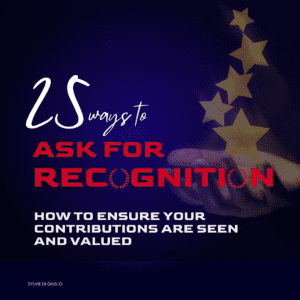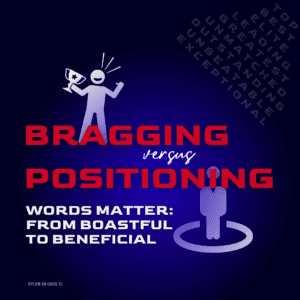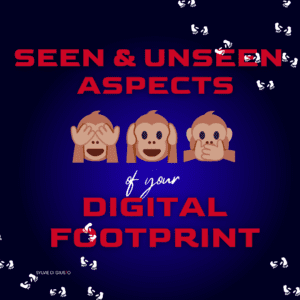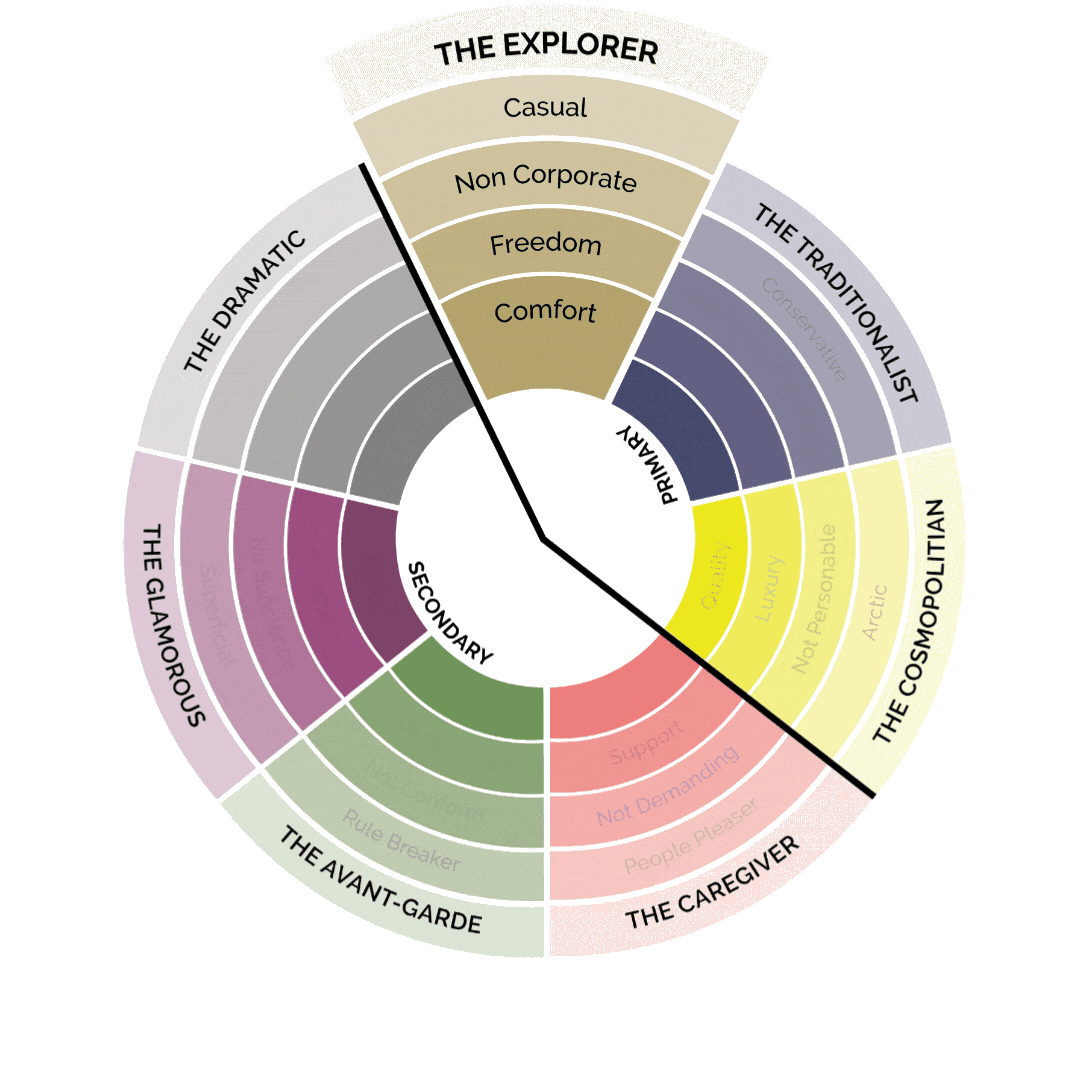Maximizing your EMOTIONAL INTELLIGENCE for better workplace decisions
The Power of Choice
As a professional, making choices that positively impact your career and the organization you work for is crucial. It is a combination of factors, including your knowledge, experience, and emotional intelligence (EQ), that can help you make informed decisions. Today, let’s focus on how your Emotional Intelligence (EQ) can help you make better choices in the workplace.
When you have a good understanding of your EQ, you can better understand the needs and motivations of those around you—including yourself. This can help you anticipate problems before they arise instead of reacting to them once they’ve already happened. It also allows you to take an active role in resolving conflicts and reaching a consensus. Having a high EQ can also make you better at managing your own emotions. You’ll be able to recognize when your feelings are running high and take steps to stay in control of the situation. This heightened awareness will help you become more mindful of how you interact with others, which is essential for any successful relationship at work and in life.
The Connection Between the Choices You Make and Your Emotional Intelligence
When you’re aware of how your decisions affect your emotions, it’s easier to make intelligent choices and remain on track with whatever goals you have set for yourself. Every single day, as a professional, you are faced with dozens of decisions that will have small or major connotations on not only your success but also the success of those around you:
- Wardrobe choices: Choosing attire that aligns with the company’s culture and reflects your authentic style and professional image.
- Communication tone: Selecting a tone that is appropriate for the situation and reflective of your demeanor.
- Social media presence: Deciding what to post and share online and how it will impact their professional reputation.
- Networking: Determining when and how to expand your professional network and build relationships with colleagues and industry peers.
- Professional development: Selecting opportunities to enhance your skills and improve your performance.
- Representation at events: Deciding how to present yourself at work-related events and gatherings, such as conferences and company meetings.
- Feedback and criticism: Deciding how to handle feedback and criticism professionally and constructively.
- Work-life balance: Selecting a work schedule that allows you to prioritize your personal life and well-being.
- Task prioritization: Deciding which tasks and projects are most important and should be addressed first.
- Collaboration: Determining when to work independently and when to seek input and assistance from others.
- Delegation: Deciding which tasks to delegate to others and to whom they should be delegated.
- Time management: Balancing work and personal life demands and determining how to best allocate time to each.
- Problem-solving: Identifying and resolving issues in a timely and effective manner.
- Ethical considerations: Making decisions that align with your and your company’s values and adhere to ethical standards.
- Taking risks: Deciding when to take calculated risks to drive innovation and growth.
- … and many, many more.
How Your Emotional Intelligence Can Help You Make Better Choices
A high EQ (Emotional Quotient) allows you to understand the impact your choices may have on yourself and on others, helping you make rational and considerate decisions. While you might think that most of our decisions and choices are driven by rational thought, emotions play an important role too. Here are a few ways that your EQ can help you make better choices in the workplace:
- Improved Communication: With a high EQ, you’ll be better equipped to understand the perspectives and feelings of others, leading to more productive and effective communication. This can help you make informed decisions that are well-received by those you work with.
- Better Conflict Resolution: When faced with a difficult situation, individuals with high EQ are often better equipped to find a fair and beneficial resolution for all parties involved. They can understand the emotions driving the conflict and use that information to find a mutually acceptable solution.
- Higher Empathy: EQ allows you to understand the emotions and experiences of others, leading to greater compassion and understanding. This can help you make choices that consider the feelings of those around you, leading to better working relationships and a more harmonious workplace.
- Increased Self-Awareness: A high EQ helps you understand your emotions and reactions, allowing you to make choices that align with your values and goals. This increased self-awareness can lead to more confidence and better decision-making.
- Improved Problem Solving: With a high EQ, you are able to identify problems quickly and accurately and come up with creative solutions. This enables you to manage conflicts better, resolve disputes, and make effective decisions quickly.
High Emotional Intelligence can be a great asset in many areas of life, from your personal relationships to your career. By understanding the power of emotions and using them to your advantage, you can create stronger connections, more successful interactions, and a happier work-life balance. Investing in developing your emotional intelligence is an important step toward achieving success.
Maximizing your Emotional Intelligence in a Nutshell
- Maximizing your emotional intelligence requires recognizing and understanding your own emotions.
- Maximizing your emotional intelligence leads to regularly practicing empathy towards others.
- Maximizing your emotional intelligence involves self-reflection and self-awareness.
- Maximizing your emotional intelligence requires developing strong communication skills.
- Maximizing your emotional intelligence involves being proactive in managing stress and negative emotions.
- Maximizing your emotional intelligence means staying open to feedback and constructive criticism.
- Maximizing your emotional intelligence involves understanding the emotions and perspectives of others.
- Maximizing your emotional intelligence leads to building strong relationships with coworkers.
- Maximizing your emotional intelligence results in responding constructively to conflicts.
- Maximizing your emotional intelligence involves continuously learning and growing emotional intelligence skills.








PS: Interested in more content like this? Make sure to follow me on Instagram. It’s where I visualize and publish my thoughts daily. I hope to see you there.




